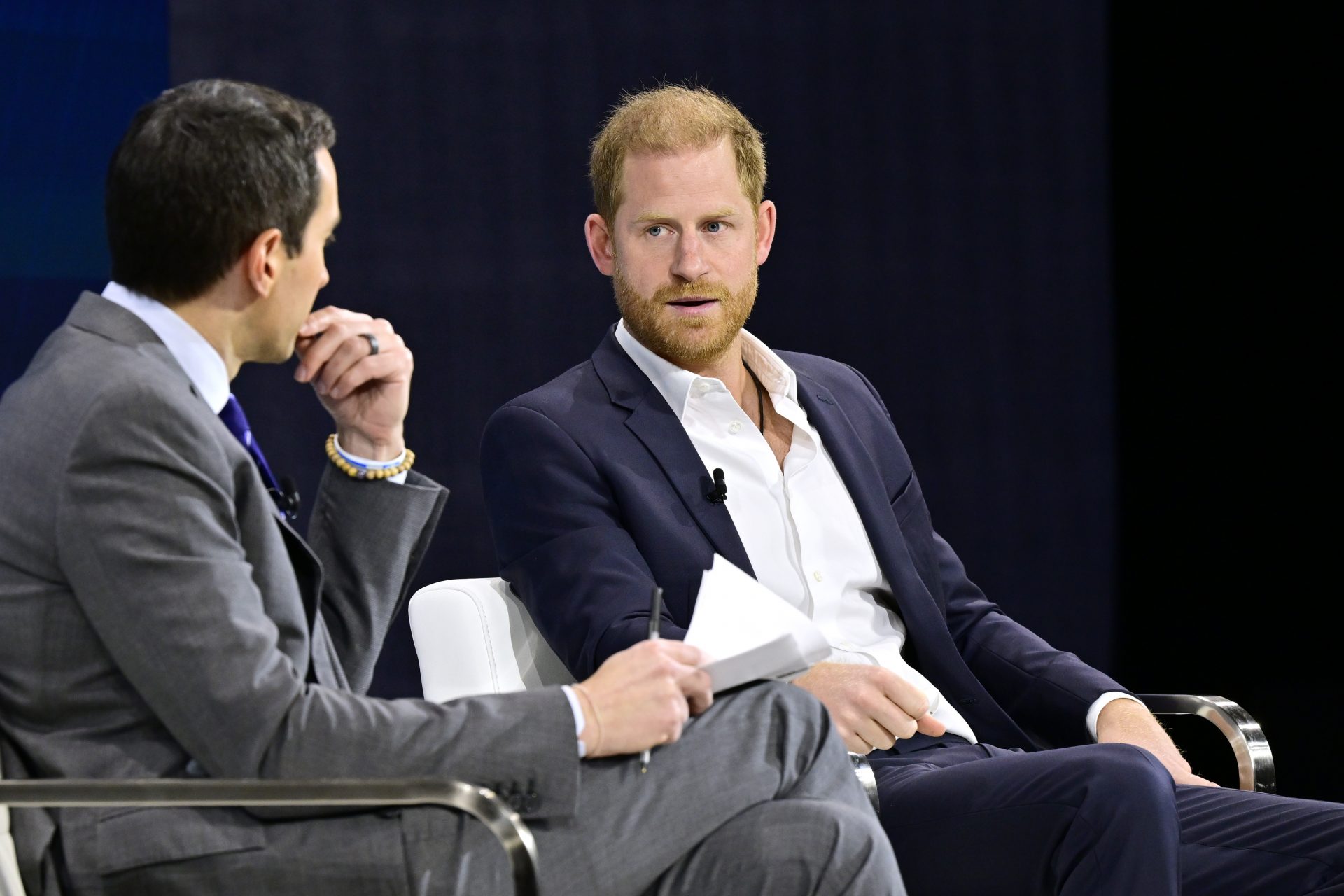How did Eurovision 2023 end up in the UK?
They did not win this year's Eurovision Song Contest and yet they are organising next year's show. Here's the story of a remarkable edition of Eurovision, the world's best-watched musical competition.
In case you missed it, Ukraine won the Eurovision Song Contest of 2022. Kalush Orchestra stole the hearts of the voting public - and many national juries with the song 'Stefania,' a mix of rap and melancholic folklore that had everyone thinking about the state the band's country was in.
According to the rules of Eurovision, the country that wins the contest gets to organise it in the following year. So strictly speaking, the festival should go to Kyiv or another Ukrainian city in May 2023. But there were some obstacles...
(Image: the yearly Atlas Festival in Kyiv, by Sergey Gylyuk / Unsplash)
Ukraine is at war. The devastation in many parts of the country is significant and not easy to repair - if the nation gets the opportunity to rebuild anything in the coming year at all. Peace between Russia and Ukraine seems far away. It's not a place where one would easily expect to hold a big, televised event in the coming year.
In the month after Kalush Orchestra's victory, the Eurovision organisers and Ukraine's national broadcaster UA:PBC had a series of long, difficult talks. They went over different scenarios in which Ukraine might be able to host the Song Contest, somehow.
But, as Eurovision revealed on June 17, they couldn't make it work. The organisation officially announced that "with deep regret [we have to conclude] that, given the current circumstances, the security and operational guarantees required for a broadcaster to host, organise and produce the Eurovision Song Contest under the ESC Rules cannot be fulfilled by UA:PBC."
So, that was it for 'Kyiv 2023.' As Eurovision said, it shared Ukraine's "sadness and disappointment that next year’s Contest cannot be held in Ukraine." But it also stated that we had to move on. And that was the moment when Europe began speculating: if not in the war-torn-country, then where would the Song Contest of 2023 take place?
It seems logical that the UK is a good backup, given that its contestant, Sam Ryder came in second with his song 'Space Man' during the 2022 festival in Turin. In fact, in the statement about Ukraine's 'disqualification' as a hosting country, Eurovision revealed that it was talking to BBC to "potentially host the 2023 Eurovision Song Contest in the United Kingdom."
The news, released on a Friday afternoon, immediately got a number of British cities in a frenzy. According to BBC, Glasgow, Manchester, Leeds and Liverpool directly expressed an interest. Then came London, Brighton, Aberdeen, Birmingham, Cardiff, and Belfast.
Mayors began tweeting about their excellent stadiums and their status as a 'music city.' Cardiff said that Wales was considered the 'land of the song,' and Belfast reminded its followers that it was a 'Unesco City of Music.' But then, there's also Liverpool, the birthplace of The Beatles!
The Scottish, Welsh, and Northern Irish mayors said that it doesn't have to be London (and not even England!) that hosts Eurovision. In fact, film makers thought the same when they made Will Ferrell's comedy 'Eurovision Song Contest: The Story of Fire Saga' for Netflix in 2020. Part of the movie - also starring Rachel McAdams - was filmed around Glasgow's OVO Hydro stadium.
(Image: Netflix)
According to Bloomberg, Prime Minister Boris Johnson sent a different signal. He said Ukraine's people "deserve to have it." And they can, he believed. "It's a year away. It's going to be fine by the time the Eurovision Song Contest comes around."
Boris Johnson may not be the best authority on the matter. For one, he resigned shortly after the Eurovision debate and will not be Prime Minister in 2023. And second, he was man who said Brexit would be feasible, "do or die, come what may." So maybe he's not the most reliable source to inquire after the question of how 'fine' Ukraine will be next year.
In Ukraine itself, some parties got very upset with the (seemingly unilateral) decision of Eurovision to move the 2023 contest to another country than theirs. They said Ukraine might be capable of hosting the event after all, and that they had the right to make the decision.
Ukraine's Minister of Culture and Information, Tkachenko Oleksandr, responded to Eurovision's news with a statement of his own, signed by three previous Ukrainian winners. "Ukraine does not agree," it said, and it calls for more talks about security and other standards. "Hosting Eurovision 2023 in Ukraine is a strong signal to the whole world that it is supported now," the petitioners said.
Meanwhile, the Spanish were eager to host the Song Contest as well. Their public broadcaster RTVE indicated its interest to take care of Eurovision 2023 right after Kalush Orchestra's victory, Eurovoix reports. Its contestant Chanel ended up third in the finale with the catchy 'SloMo.'
But as soon as BBC became the surest candidate to host the festival in 2023, ESC Today suggests, it seemed that "the Spanish national broadcaster... dropped the idea and will be concentrating on winning the competition next year and then hosting it."
You may think the situation with Ukraine and the Eurovision Song Contest going elsewhere is unprecedented. But in fact, it has happened before that the winning country did not host the festival in the following year.
It all happened before the 1980s, in a time when Eurovision still consisted of very few contestants. Organising the event was expensive and in five instances, countries that had recently won and hosted the contest before, refused to foot the bill again after winning a second time. Those countries were Switzerland (1957), Netherlands (1960), France (1963), Monaco (1972), and Luxemburg (1974).
One other time, in 1980, Israel refused to host the festival because its date coincided with the national Holocaust memorial day, El Periodico recounts. In the end, The Netherlands took over the job of the Israelis and saw Johnny Logan win that year.
Of course, none of the above arguments for not organising the festival are comparable in any way with the situation Ukraine has found itself in.
On July 25, Europe got the answer to one major question about the song contest: the UK will organise it. The Eurovision organisers made this announcement on their website.
Now, the bidding has started among several British cities. Will we see the Tower Bridge or bagpipes at next year's Eurovision Song Contest - or maybe both?
The organisation has set a deadline for picking a venue on September 1st. And that's not a luxury, because hosting Eurovision is a lot of work!


































